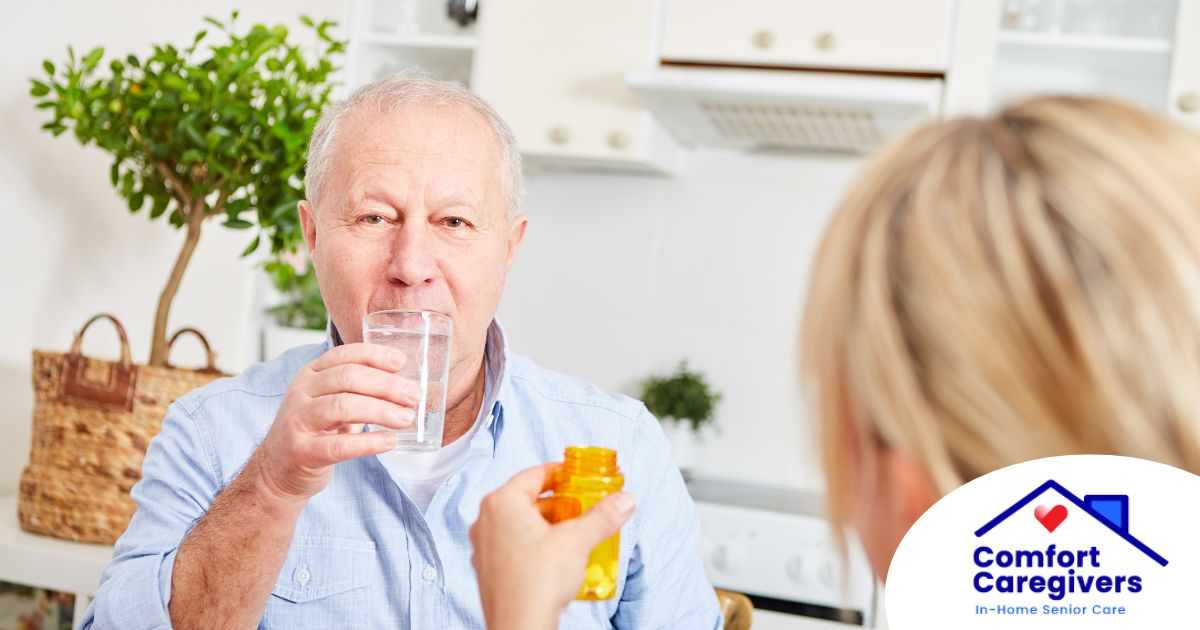Many of us are not aware of how devastating a fall can be. With 1 out of every 3 people over the age of 65 falling each year, falls are a major cause of injury and restricted mobility. Broken hips or even muscle injury can create a loss of independence for many seniors.
But there is a silver lining to this cloud – most falls can be prevented by taking a quick inspection of our daily environment. I have included a list of fall prevention tips below! There are many great publications and tools for fall prevention available through the Center for Disease Control.
Fall prevention experts state the most important step you can take to prevent falls is to maintain as much strength and coordination as possible. Following your doctor’s instructions on taking your medications, eating properly, and exercising are important steps in maintaining your strength and balance. Always consult your doctor when determining what type of exercise is right for you. Be aware of all medication side effects, especially for new prescriptions with warning labels about driving and dizziness. Stand up slowly and keep a cane or walker nearby until you know how the new medications affect your balance.
Below is a list of items to check around your home to reduce household hazards which could increase your risk of injury from falling.
Bathroom
- Grab bars to get into and out of the tub.
- Use a bath chair or stool in the shower.
- Don’t use throw rugs or wax on the bathroom floor.
- Use a raised toilet seat with arm rails.
- Buy soap on a rope, or put a bar of soap in a nylon stocking with one end tied to a towel bar.
Bedroom
- Never get up in the dark – make sure the room is well lit.
- Keep light switch close to bed.
- Avoid slippery socks or slippers.
- Consider using a Bed Security Rail.
- Hide all loose extension cords.
- Consider using a medical alarm system.
- Use carpets and rugs with skid-proof backing or tacked to the floor.
Kitchen
- Use a long-handled sponge/mop to wipe up spills.
- Keep your floors smooth but not slippery.
- Store your often-used supplies in easy-to-reach cabinets.
- Avoid hard-to-reach wall phones; consider a cordless phone that can be carried from room to room, or a counter model.
Around the House
- Stairwells should be well lit; consider nightlights for hallways and bathrooms.
- Wear low-heeled, comfortable shoes with nonskid soles.
- Don’t walk around in socks, slippers, or stockings on bare floors.
- Keep rooms and hallways free of clutter.
- Make sure carpets, including those on stairs, have skid-proof backing or are tacked to the floor.
Using common sense can be the most beneficial preventative tool. For example, if bending throws you off balance, try using a reaching tool to pick up dropped items. Use a cane or walker when walking outdoors. Lack of movement and activity can cause loss of coordination and strength, creating a greater fall risk. Getting an examination after a fall is always a good idea, even if you don’t think you have any injuries. Talk to your doctor about these and other steps you can take to reduce your risk of a more serious fall.




